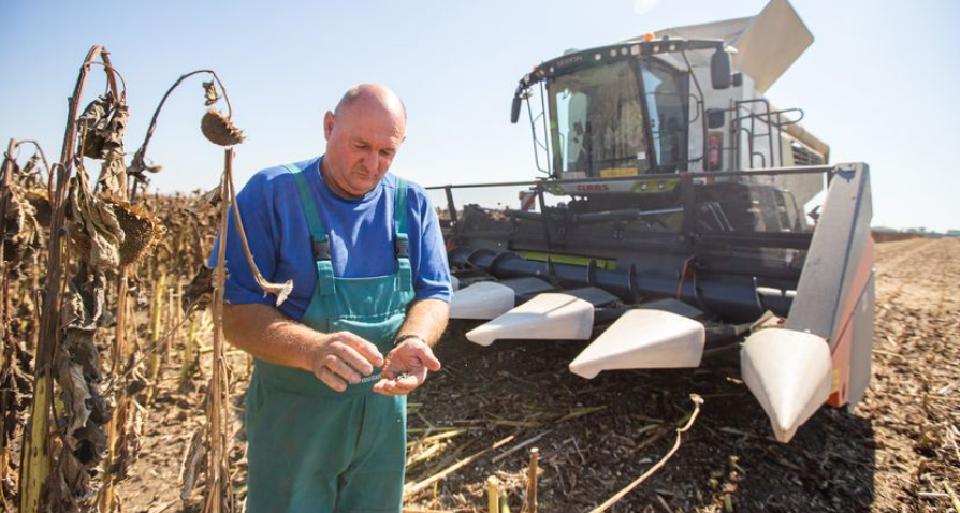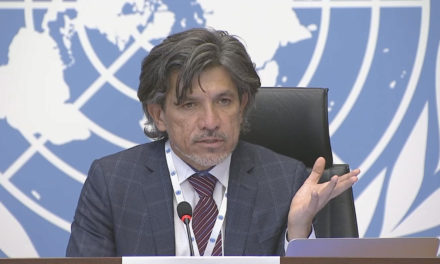The European Union would need to import almost all food raw materials if the restrictions planned by the European Commission in agriculture were to be implemented by 2030.
The Green Deal would also reduce welfare, every European citizen would have to give up 157 euros a year, while the price of many basic foods would increase by up to fifty percent.
The Green Deal endangers the food self-sufficiency of the European Union, while it destroys small farms. Moreover, it is unnecessary, because the global emissions of agriculture do not decrease, even though this would be the goal of the strategies, the University of Kiel concluded in its recent impact assessment. At the request of the German Grain Association, the long-established institution prepared an impact assessment on the Farm to Fork and Biodiversity strategy of the European Green Agreement affecting agriculture.
Brussels stipulates in these by 2030
- a 20 percent reduction in the use of artificial fertilizers,
- a halving of the use of plant protection agents,
- a 50 percent reduction in the nitrogen balance, -
an increase in the ratio of organic farming to 25 percent from the current 8-9 percent,
- and the current production areas of ten subtracting a percentage from cultivation.
The goal of the strict requirements would be to restore biodiversity and reduce emissions from agriculture in order to achieve the climate goals formulated by 2030. Brussels' strategies do not contribute to the climate goals, while reducing the well-being of the European population. Due to the significant drop of more than twenty percent in agricultural production and the increase in costs, the European Union would be forced to import the most important food raw materials, i.e. it would give up its role as a net exporter.
In this way, it would become vulnerable to third countries, while the significantly increased food prices would represent significant additional costs for the population, concluded the sectoral association of German grain growers based on the study. Therefore, German farmers are calling on decision-makers to rethink the strategies until 2030.
According to the impact assessment of the University of Kiel, the decrease in well-being compared to the current annual income level means an average drop of 157 euros per person, or more than HUF 54,000. In addition, significantly rising food prices would increase the population's burden: beef would rise by 58 percent, pork by 48 percent, and milk by 36 percent by 2030.
The price of vegetables and fruit would rise by 15 percent, while cereals and oilseeds would become more expensive by 13-15 percent. On the other hand, in countries outside the EU, the price increase for meat products would be around 7-10 percent, and for vegetables and fruits 3-4 percent.
the article in its entirety here.
Image: Békés County Newspaper/Ádám Bencsik













